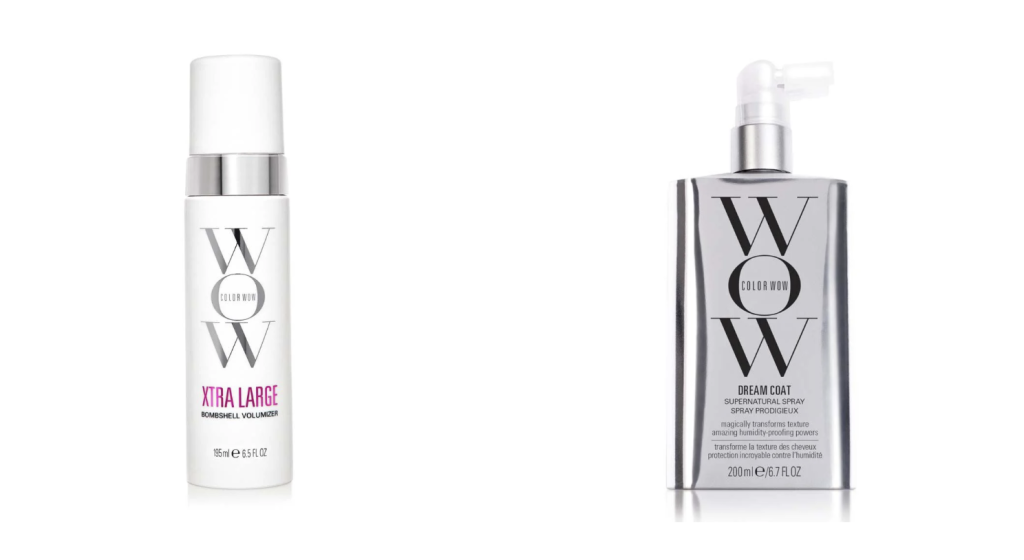The Minimum Wage Is 25 Years Old. Has It Become Bad For Business?
The UK’s minimum wage is now one of the highest in the world relative to typical wages, placing an incredible strain on hairdressing businesses. Many predict there will come a point where it will start to destroy jobs.
by | THE COST OF DOING BUSINESS

On 1 April this year, workers on the National Minimum Wage (NMW) and the National Living Wage (NWL) had their pay boosted. Apprentices, too, got an inflation-busting pay rise of 21.2 per cent. The change was the largest-ever increase in the minimum wage in cash terms, and the first time it had increased by more than £1. Furthermore, the NLW – now at £11.44 per hour, making it one of the highest in the world – now applies to anyone aged 21 and over (it was 23 and over in 2023). The changes have been made following recommendations made by the Low Pay Commission (LPC), an independent body that advises the government about the NLW and NMW.
Needless to say, the rises present a Catch-22 for hairdressing employers who want to pay staff a wage they can afford to live on, without jeopardising the health of their business. Business leaders are legally required to pay at least the NMW to their staff, and for many hair bosses, the new NLW represents yet another restriction on growth. Many are also experiencing an increase in wage expectation from other members of their team and on top of that are having to inflate salaries to maintain a competitive edge when recruiting talent.
Hairdressing businesses, which tend to be small enterprises with lower profit margins and tighter budgets, are often more susceptible to the impacts of a higher national wage.
On average, the rise means a full-time worker contracted to work 36 hours per week will now be paid £22,000 per year (pre-tax). However, an increase to the National Minimum Wage means more expense to the employer than just wages. It’s also an increase to associated costs, including National Insurance Contributions (NIC) and holiday pay.
From 6 January this year, the main rate of National Insurance was cut from 12 per cent to 10 per cent, affecting 27 million people. Under the change, the rate of tax paid by employers and employees was reduced by one percentage point. However, these savings were swiftly cancelled out by confirmation that the current NIC thresholds for both employers and employees will be frozen through to April 2028, meaning that more workers will be paying National Insurance as their wages rise.
Rises in the Minimum Wage present a Catch-22 for hairdressing employers who want to pay staff a wage they can afford to live on, without jeopardising the health of their business.
A further challenge is that the competitive hiring market means many employers will struggle to compete for applicants if they only offer NMW. Other businesses often choose to pay the so-called ‘Real Living Wage’ to staff members. At £12 per hour (£13.15 in London), this puts additional pressure on hairdressing employers when it comes to recruitment.
Hairdressing businesses, which tend to be small enterprises with lower profit margins and tighter budgets, are often more susceptible to the impacts of a higher national wage. The NHBF, which has long been warning about the impact of NMW rises on hairdressing businesses, has been advising the LPC on future policy. It said “The government should take a cautious approach to any future rises beyond 2024. We support moving away from a targets-based approach to a wider assessment of the economic and labour market conditions for future NMW/NLW rate setting.”
CASE STUDY
“We were the only sector organisation to call for restraint on wages.” Caroline Larissey, chief executive, National Hair & Beauty Federation (NHBF)

“Hair is a unique sector. It is female-dominated and one of the biggest employers of young people in the UK. However, unlike retail or hospitality, we don’t have those big names – like McDonalds, Marks & Spencer, Wetherspoons or Next – who can lean on government to make change, so that makes lobbying more difficult. That’s why the NHBF does this on behalf of our members and the wider sector.
“We campaign to make our industry’s voice heard on issues that are vital for business, including finance, business support, quality, standards skills, education and – for beauty – aesthetics regulation. Our lobbying is evidenced-based, which is why our State of the Industry quarterly survey is so important. Government and ministers see it as a valuable tool for regular insights. Major reports on Skills (Careers at the Cutting Edge) and Avoiding the Cliff Edge on a VAT smoothing mechanism are important in maintaining our authority and credibility with government. They allow us to put forward a range of recommendations for discussion based on robust evidence and facts.
“Bringing about policy change can take time, but influencing is about looking at the government’s agenda and finding a win/win, where both sides can benefit. We’re coming up to a general election and it’s interesting that the government still has appetite for change – for example, raising the VAT threshold at the Spring Budget, which will benefit some sector businesses and is useful as an interim measure. They also announced an additional £60m for help with apprenticeship training costs and more flexibility in the levy which may be useful for some, but we are pushing for much more on this.
“We’re about to launch our manifesto for the next government and are working with the Low Pay Commission (LPC) on evidence around wages. We were the only sector organisation last year to call for restraint on wage rises. We’ll be giving oral and written evidence over the summer. NHBF members have already met with LPC commissioners.”
CASE STUDY
“I’ll be employing fewer apprentices because of the National Minimum Wage rise.”Richard Phillipart, owner, The Boutique Atelier, Ellesmere Port

“I have always had apprentices in my business and usually take on four each year, but the rises in the hourly rates combined with the changes to the National Living Wage mean I’ll take on fewer apprentices next year and I won’t be employing older apprentices anymore. The business just can’t afford it.
“I pay my team a good wage – very few of them are paid the minimum wage. But because the minimum wage is creeping ever closer to what my intermediate team members get paid, then their wages have to go up, and then they creep closer to the more senior team members and so the same thing happens. So, whenever government increases the minimum wage by these huge chunks, I’ve increased every member of staff’s wage by the same amount. I can’t have an experienced team member being paid just 70p more per hour than someone who is still shampooing. It wouldn’t be fair.
“At the same time, the government is projecting a 4 per cent increase in public sector pay. So, on the one hand it’s saying all the country can afford is 4 per cent, but us private employers have to find 21 per cent? I find it so frustrating. And if you repeatedly don’t pay the minimum wage, you can go to prison. So, under the threat of prison, I have to put my wages up by 21 per cent. But nobody’s talking about that.
“Apprenticeships do work and they’re important, but you’ve got to be able to afford them. Far fewer salons offer apprenticeships nowadays and I think this latest move will put employers off even further, which then puts even more onus on the training academies and colleges to train students to a better standard than they currently do. Because I certainly won’t be spending a year retraining them on £11.44 an hour.”








